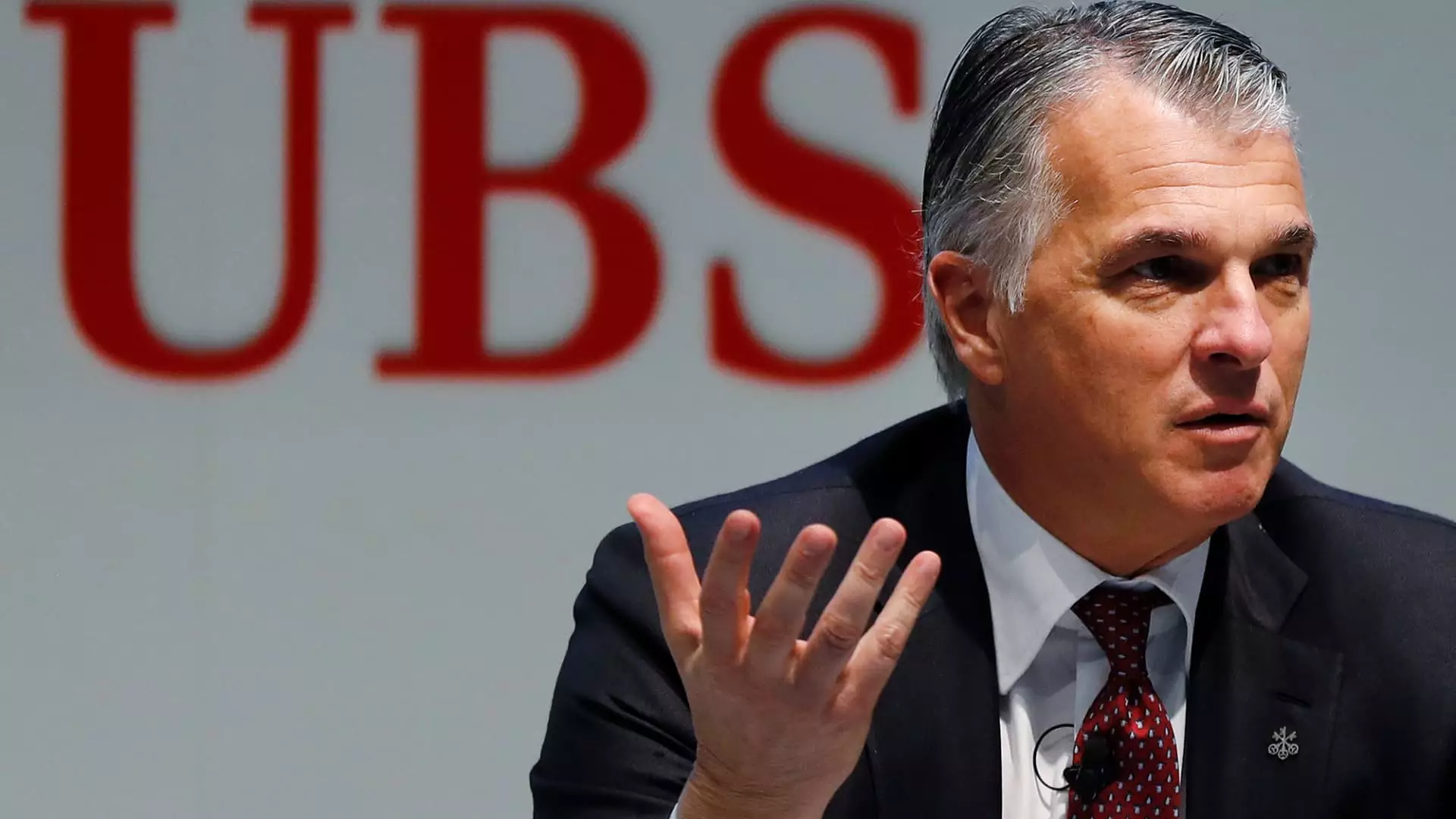UBS CEO Sergio Ermotti recently addressed concerns regarding the looming market volatility in the second half of the year. While many investors have expressed fears about a potential recession in the U.S., Ermotti remains optimistic about the economic outlook. Despite acknowledging the possibility of a slowdown, Ermotti emphasized the lack of clear macroeconomic indicators to predict a recession accurately. This uncertainty has added to the prevailing market volatility, making it increasingly challenging for investors to navigate their investments.
One of the critical factors contributing to market instability is the uncertainty surrounding central banks’ monetary policy. The Federal Reserve’s decision to maintain interest rates at a 23-year high has further fueled speculations about potential rate cuts in the coming months. UBS anticipates that the Fed will reduce rates by at least 50 basis points this year, with analysts divided between a 50 and a 25 basis point cut at the next meeting in September. The ongoing debate over the Fed’s monetary policy stance has added to the overall market volatility, as investors await clarity on future interest rate adjustments.
Geopolitical Events and Economic Uncertainties
Ermotti highlighted the impact of geopolitical events, such as the upcoming U.S. presidential election in November, on market stability. The interplay between political developments and economic uncertainties has heightened market volatility, signaling potential challenges for investors in the coming months. Moreover, the fragility of the global economic system has been underscored by recent fluctuations, prompting concerns about the resilience of financial markets in the face of unforeseen events. The evolving geopolitical landscape poses a significant risk to the stability of the global economy, necessitating a proactive approach to mitigate potential disruptions.
As market volatility continues to rise, investors are compelled to reassess their investment strategies to adapt to the changing economic environment. The shift towards a more normalized regime characterized by increased volatility has prompted financial institutions to reassess their risk management strategies and capital allocations. While heightened volatility may pose challenges for some investors, it also presents opportunities for trading income, as fluctuations in the market create new avenues for generating returns. Adapting to the evolving market conditions and leveraging volatility to optimize investment outcomes will be crucial for investors looking to navigate the uncertainties ahead.
The prevailing market volatility has underscored the fragility of the global economic system, prompting concerns about the potential impact on investments. As uncertainties surrounding central banks’ monetary policy and geopolitical events persist, investors face challenges in navigating the evolving economic landscape. By reevaluating investment strategies, monitoring market developments, and proactively managing risks, investors can position themselves to capitalize on opportunities arising from increased market volatility. Embracing uncertainty as a catalyst for innovation and growth will be essential for stakeholders seeking to thrive in an ever-changing economic environment.

